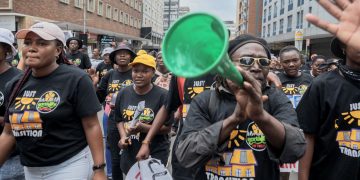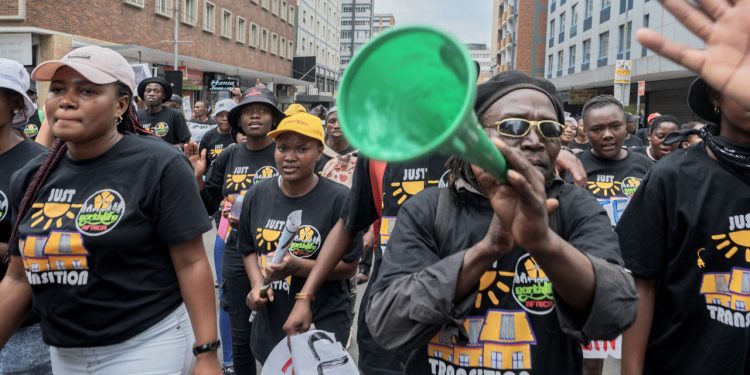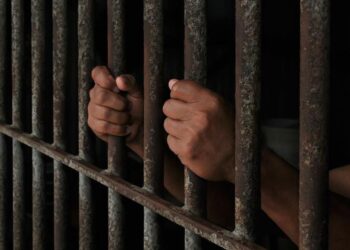By Ebi Kesiena
In a tense atmosphere marked by dissatisfaction, several political parties, including former President Jacob Zuma’s uMkhonto weSizwe Party (MK), the African Restoration Alliance (ARA), and the Allied Movement for Change, expressed their discontent with the outcomes of the May elections, alleging widespread fraud.
On Friday, the leader of South Africa’s second-largest party, the Democratic Alliance (DA) announced its support for Cyril Ramaphosa’s re-election as President, virtually ensuring his second term. DA leader John Steenhuisen confirmed that his party had signed a coalition agreement with Ramaphosa’s African National Congress (ANC), which includes a stipulation that Ramaphosa would remain President.
“We are making our voices known today, as we have done over the past two weeks, because not only the ARA but also the people of Cape Town and South Africa at large are unhappy with the election results,” stated Grant Claasen, Cape Town councillor for the African Restoration Alliance.
As the National Assembly convened at the Cape Town International Convention Centre, all members were sworn in with the notable exception of MK Party members. The Constitutional Court had earlier dismissed MK’s application to prevent the swearing-in of the newly elected members of parliament.
Meanwhile, citizens’ reactions to the recent elections have been mixed, reflecting a range of emotions from hope to frustration. Many South Africans have voiced their dissatisfaction with the election process and results. A Cape Town resident, Thandiwe Moyo, expressed her concern: “The elections felt rigged. Many of us voted for change, but it seems like our voices were ignored. It’s disheartening.”
Conversely, some citizens support the outcome, viewing it as a step towards stability. Johannesburg businessman Sipho Nkosi commented, “Despite the allegations, I believe Ramaphosa has the vision to lead us forward. The coalition with the DA might bring much-needed reforms.”
The nation remains divided, with ongoing protests reflecting the public’s unease and calls for greater transparency and accountability in the electoral process. As parliament begins its new session, the challenge will be to address these concerns while working towards unity and progress.




































